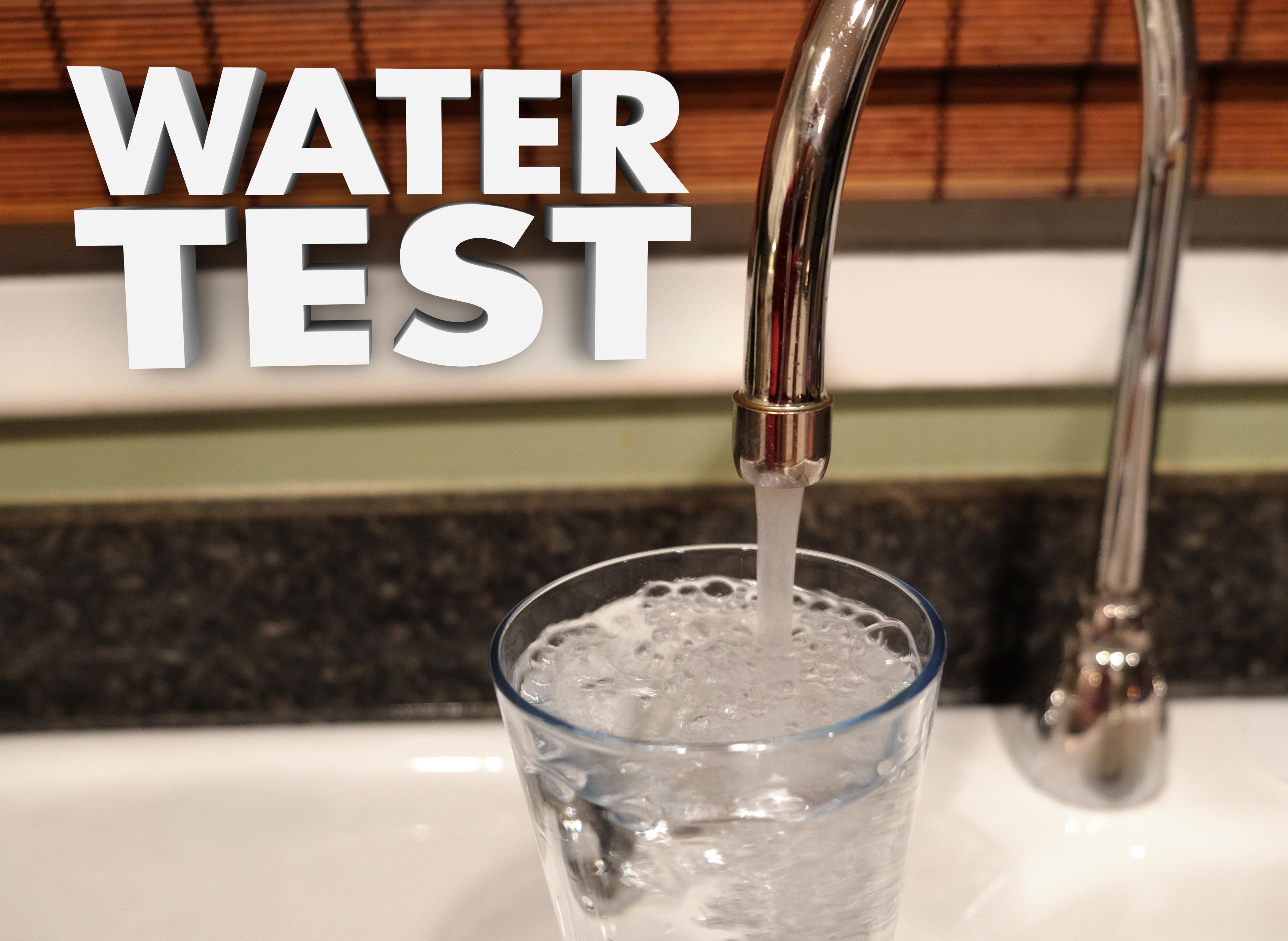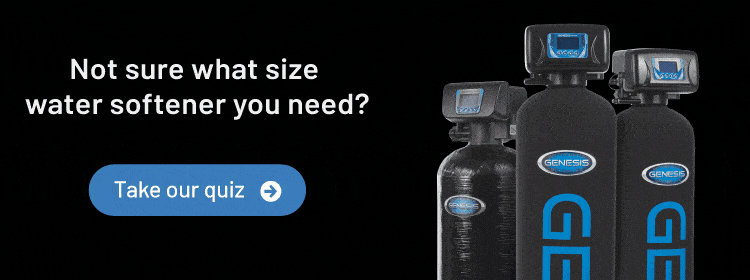What's the difference between hard water and soft water?
Posted by Discount Water Softeners on Aug 7th 2020
HARD VS. SOFT WATER

What’s the Difference Between Hard Water and Soft Water?
How could water be hard or soft? It may not make a lot of sense unless you think of it as referring to something that is present or absent in your water, instead of the way it feels to the touch. What makes water hard? The hardness of water is determined by its concentration of dissolved minerals, like calcium and magnesium (and sometimes iron and manganese.) These hard minerals give water unique properties that cause the scale and build-up that clog pipes, stain fixtures, and shorten the life of water-using appliances like washing machines, dishwashers, and water heaters.
Soft water, on the other hand, is water that contains few, or no extra elements. All water begins as naturally soft. As it’s carried by lakes and streams, into groundwater and through waterways, and eventually into your water supply, it becomes saturated with minerals like chalk, calcium, magnesium, and lime. Some of these extra elements turn soft water hard, making household chores difficult and causing utility costs to rise when appliances consume more energy to get the job done.
What’s Hard About Hard Water?
Hard mineral ions react with cleaning agents found in soap, shampoo, and detergents, presenting a challenge to clean your skin, hair, dishes, and clothing properly. It’s difficult to fully rinse soap from skin when you use hard water, and the residue left behind can clog pores and dry out your skin. Soap scum is sticky, and it doesn’t just leave your body feeling unclean, it also leaves behind rings or scaling in your bathtub and on showerheads.
Softened water is a more efficient and effective cleaning agent. A little bit goes a long way when softened water increases the usefulness of your soap. When you clean with soft water, soaps and shampoos won’t need to fight with the dissolved minerals to lather correctly; after showering and bathing you’ll notice the differences in your skin and hair. When hard minerals are absent, you feel moisturized and healthy, and the lack of hardness means that your hair will clean more easily, without feeling brittle afterwards.
Hard water can be a drain on your finances. The softness or hardness of your water can have a direct impact on your appliances and their energy usage. Mineral-saturated water costs include energy, water, wear and tear, early failure of water-using appliances, inefficient operation, and reduced lifespan of plumbing. The difference between soft and hard water can mean the loss of hundreds of dollars per year in utility costs or appliance repairs.
Over time, hard water leaves behind deposits that steadily coat the inside of a water heater. Left unchecked, scale buildup can drastically reduce its efficiency, eventually leading to premature replacement. Hard water can lead to as much as a 48% loss of efficiency, which will reflect harshly on your utility bill. With hard water, you can plan to use twice as much soap or detergent. The average household spends nearly $800 on cleaning supplies, but if you have a water softener, you’ll need only a fraction of the soaps and detergents you’d need to clean as you do with hard water.
Personal care items like shampoos and conditioners can be expensive. These products are also less effective when used alongside hard water. Living with hard water can be more than inconvenient—it’s also expensive. According to a study by the Water Quality Association, by using softened water in your home, you won’t need to replace major appliance nearly as often, or pay for costly maintenance visits nearly as frequently. A typical family of four can save between $40-$70 per month simply with the installation of a water softener. The cost of a water treatment system is far less than what you will pay when you use hard water in your home.
What Kind of Water Do you Have in Your Home?
Is your water too hard? Here are a few of the tell-tale signs that you may need a water softener:
- A build-up of scale on your sinks and faucets.
- Dull, brittle hair.
- Dry, itchy skin.
- Film or spots on dishes and glassware.
- Dingy or faded clothing.
- Stains or rings in toilet bowls.
You may not pay much attention to your water. Water is just one of those things that you expect to be there when you turn on the faucet. But hard water is something you’ll take notice of when it begins its path of destruction in your home. No matter what part of the country you live in, hard water can become an issue.
The best way to determine if you have water that would benefit from a softener is to have your water professionally tested. There is quite a bit of variation in the mineral content of drinking water supplies across the U.S.; its effects, however, can be mitigated by installing a water softener. A water softening system from Discount Water Softeners will reduce the impurities in your water, including calcium and magnesium. This means cleaner water, hair, skin, and appliances in your home.

